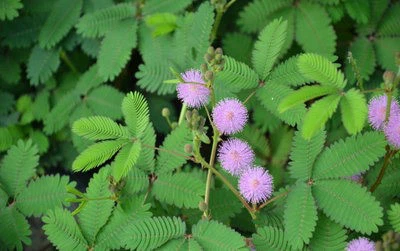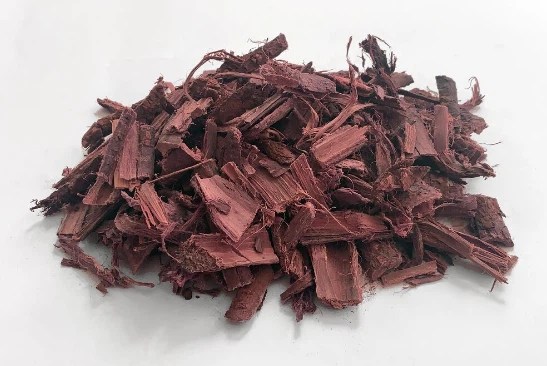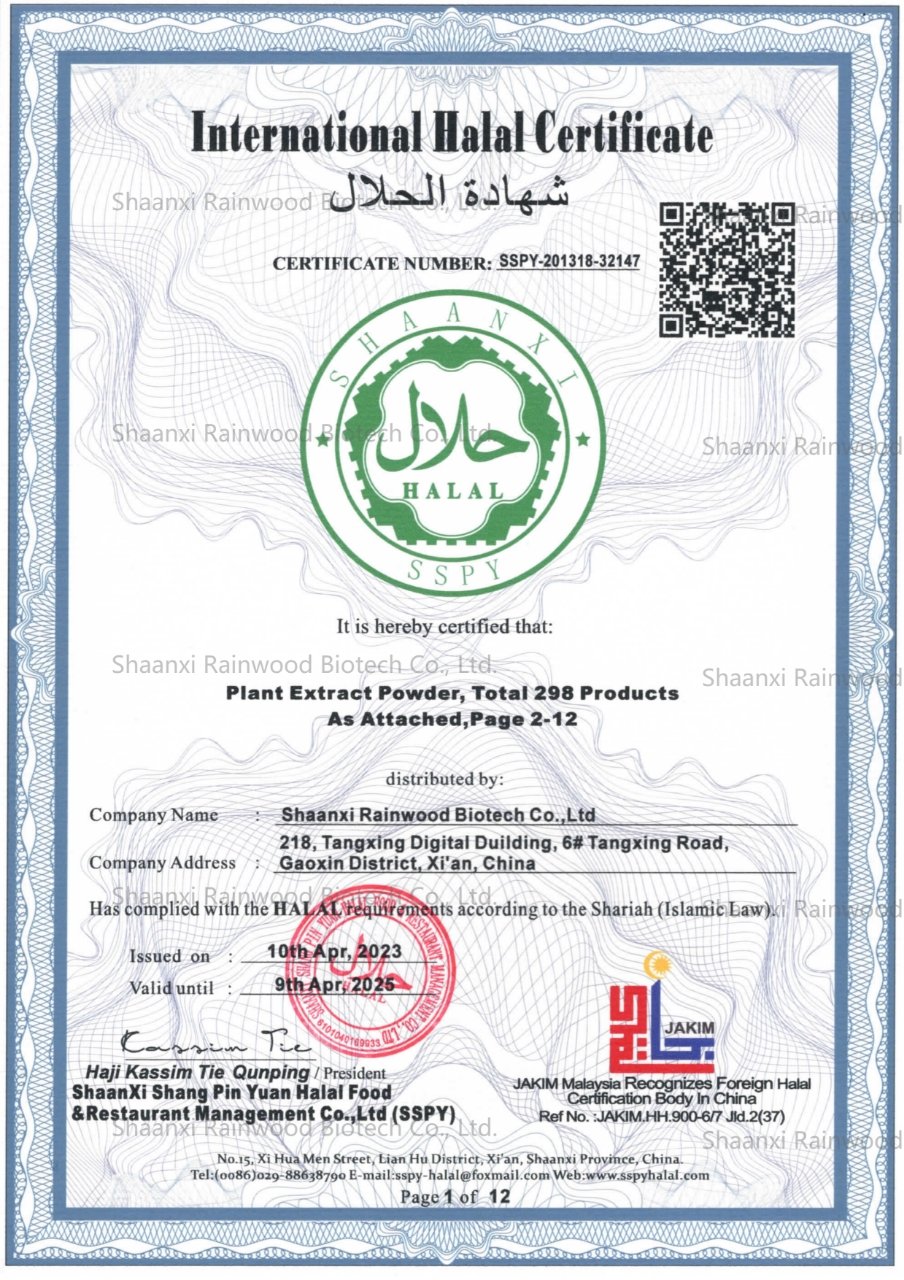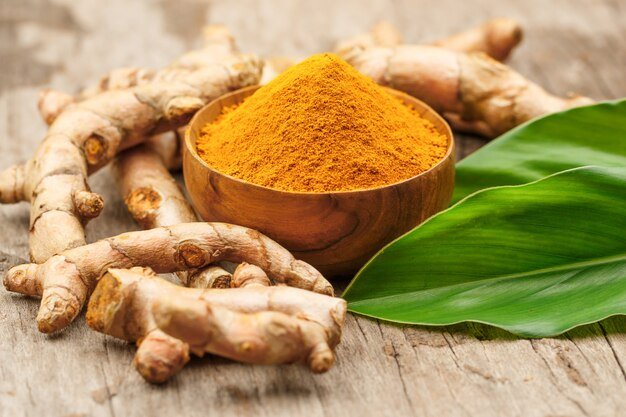
Mimosa Hostilis Overview: Mimosa hostilis, or jurema preta, hails from the Amazon rainforest and specific regions of Mexico. Revered by indigenous tribes for its potent medicinal and shamanic properties, it plays a significant role in rituals and the preparation of the renowned ayahuasca brew. While not native to the United States, various Mimosa hostilis products, such as powder and root bark, are obtainable, though their legality varies across states. Some individuals cultivate the plant, but due to its sensitivity to environmental conditions, successful growth demands expertise.
Medicinal Potential of Mimosa Hostilis Bark: The bark of Mimosa Hostilis boasts a rich composition of alkaloids, flavonoids, and saponins, rendering it a source of antioxidant, anti-inflammatory, antimicrobial, and analgesic properties. Studies hint at its potential efficacy against certain cancers, underlining its versatile therapeutic applications. Widely recognized for its analgesic effects, the bark serves as a remedy for diverse pains, including headaches, muscle, and joint discomfort. It extends its medicinal prowess to addressing wounds and skin infections, leveraging antimicrobial and anti-inflammatory attributes.
Considerations and Disadvantages: Despite its benefits, caution is advised with Mimosa Hostilis. Potential adverse reactions like nausea and headaches may occur, and interactions with medications necessitate professional consultation. Unsustainable harvesting poses a threat to the plant’s existence, impacting both the species and dependent ecosystems.

Mimosa Hostilis and Sleep: Traditionally valued for its sedative effects, Mimosa Hostilis raises questions about its suitability for sleep. While it contains DMT, a substance affecting the brain and inducing hallucinations, the calming properties of tryptamine can positively influence sleep. Responsible use is paramount, and consulting healthcare professionals is advised to mitigate potential side effects such as nausea and vomiting. Sourcing from reputable vendors is crucial to ensure authenticity and safety.

Conclusion: Mimosa Hostilis emerges as a plant with profound cultural, spiritual, and medicinal significance. Its therapeutic potential spans pain relief, wound healing, and anxiety management. However, judicious use, professional guidance, and conservation efforts are imperative to harness its benefits responsibly. When approached with caution, Mimosa Hostilis can contribute to a restful night’s sleep, showcasing its versatility in promoting overall well-being.



















